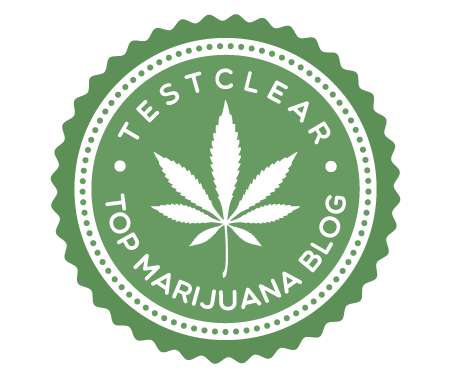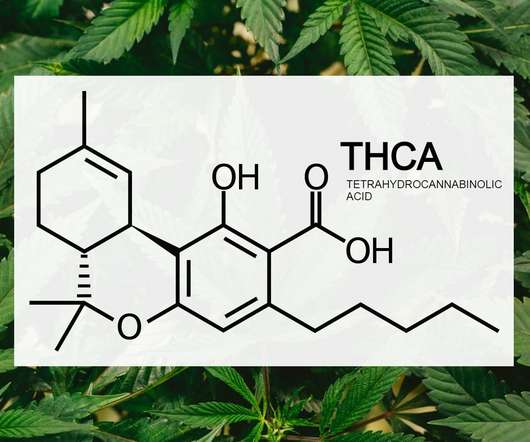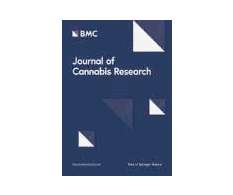Use of Cannabis-based medicinal products: NICE guidelines
Cannabis Law Report
NOVEMBER 24, 2019
Chronic pain. Severe treatment-resistant epilepsy. Chronic pain. Do not offer the following to manage chronic pain in adults: nabilone. THC ( delta-9-tetrahydrocannabinol). a combination of cannabidiol (CBD) with THC. THC ( delta-9-tetrahydrocannabinol). Rationale and impact.












Let's personalize your content